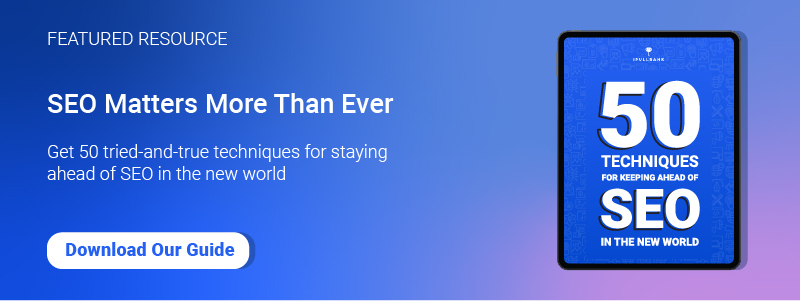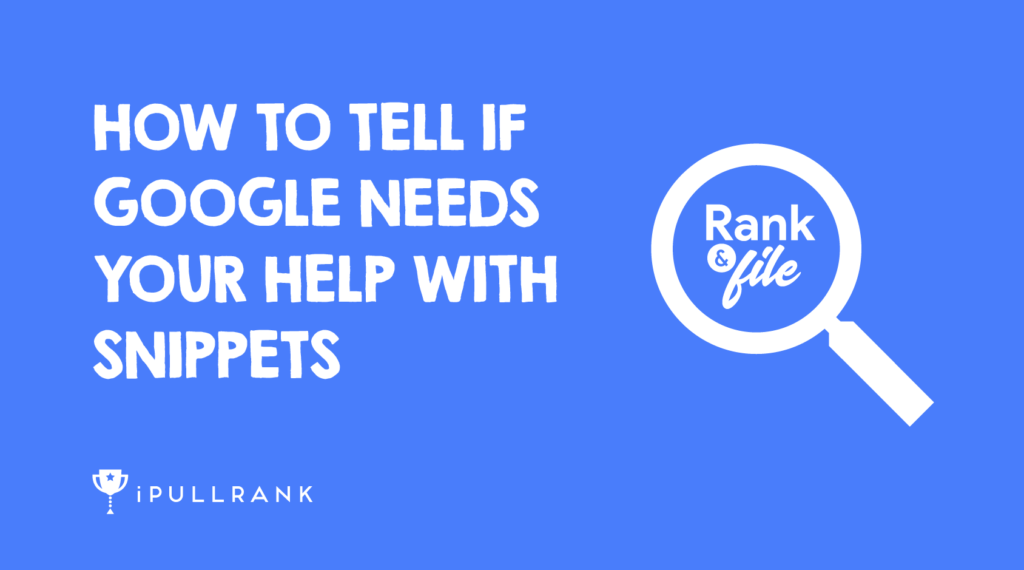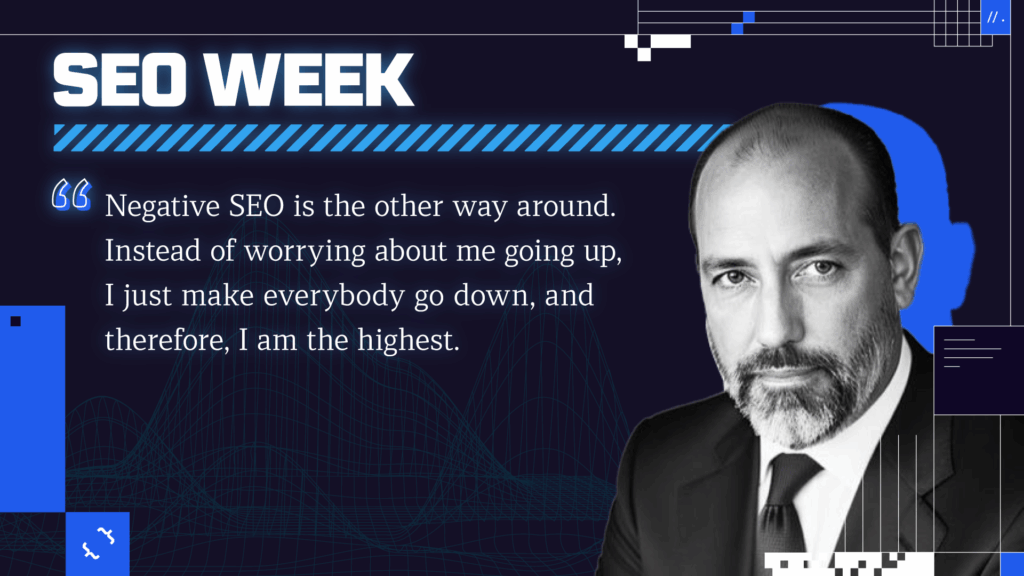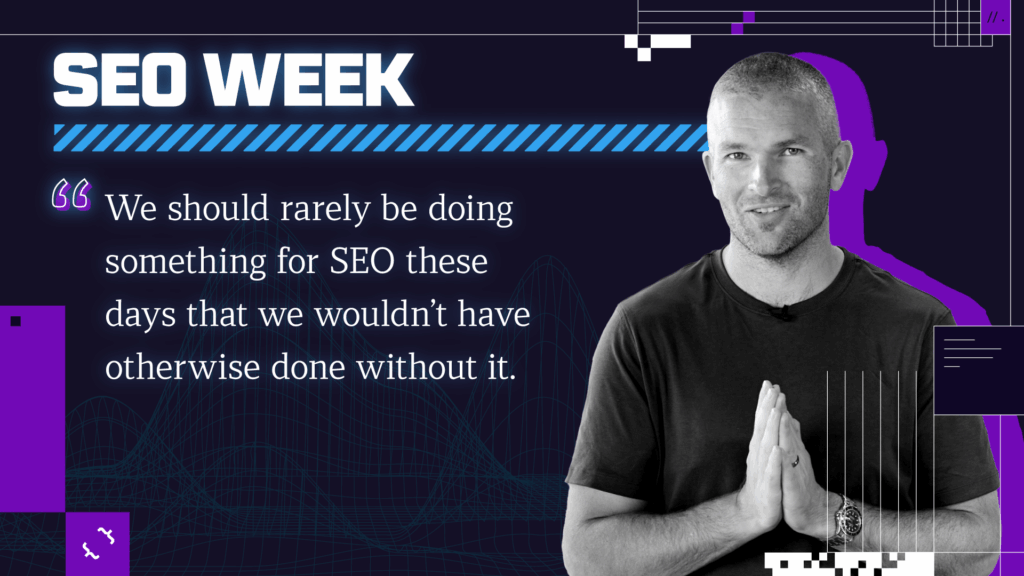At iPullRank, we believe that metadata is all about creating a strong first impression of your content in the environment that it’s being presented. Within the Google environment, the search engine may decide whether or not to use your metadata based on a variety of factors. Amazingly, Google recently rolled out the ability to block certain elements of content from being extracted from the page when they present the snippet in the SERP.
However, it begs the question, does Google actually need our help with this?
In this episode of Rank & File, I walk through what the data-nosnippet attribute is and how to determine whether it’s worth using for your site.
Video Transcription
Intro
Welcome back to another edition of iPullRank’s Rank and File. So today what I want to talk to you about is data-nosnippet, this new thing that Google rolled out, they give you more control over what can be shown for the rich snippets. And so the question is, how do we tell if Google needs our help with rich snippets to begin with.
What is data-nosnippet?
So what is data-nosnippet? It’s basically an attribute that can be added to HTML tags that says, Google, don’t scrape this section of my page when you’re considering what to show in that rich snippet area. Now typically that’s fulfilled by your meta-description. But in some cases Google feels better about scraping from your page and showing something that may be a little more relevant, even though not as eloquent in fulfilling that space.
So do we need the data-nosnippet. Well, maybe, you know, it depends on how it’s currently performing for you, right? So if Google is scraping from the page and things are working really well, then you know, leave it alone. Right? But there may be instances where your meta-description is a better presentation to the user. Perhaps you have your brand voice and tone in there. You’ve got your call to action. You’ve got, you know, the keyword relevant copy. But if Google just ignores it and scrapes things from the page, you may not want that.
How do we implement it?
So how do you implement it? It’s just an HTML attribute that can go on a spam, div, or section tag. Works like any other HTML attribute. So how do you know if you actually need it?
Well, first thing you need to do is pull the CTR versus landing pages or versus keywords. Keywords probably makes the most sense, but if you want to do it at scale very quickly, then you could also do it on the landing page level. Then you want to pull the SERP features, the actual snippet that’s being returned in the SERP. Some of the different rank tracking tools may offer this.
I know that stat, for instance, will give you full HTML exports if you want, but serpapi.com gives us to you in a JSON output that’s really easy to just, you know, pull out the part that says snippet. So at that point you want to compare whether or not your meta description was returned or if they scraped something else for the snippet. That way in Excel you can really quickly see, you know, does it match up with what I’m expecting? If it doesn’t, then you want to see what the CTR performance is for that page versus pages where you are getting the meta description displayed.
And then if your meta description is outperforming what’s being scraped, then you’re going to want to implement this. If it’s not, then you know, just let it be what it is and it’s working for you. And Google is doing quite well.
Conclusion
So I hope this gives you an overview on what data-nosnippet can do for you and how you can think about you know, implementing it and where you may want to implement it and hope it helps. Speak soon.

How about you? Have you seen a valuable usage of the data-nosnippet attribute?






